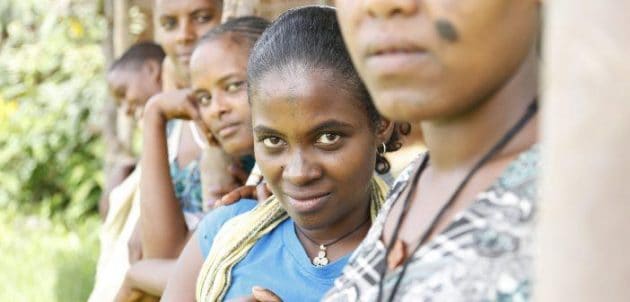In developing countries, many believe that to end child marriage is to reduce poverty.
In those nations, one out of three girls get married before they turn 18.
UNICEF reports that while child marriages affect both boys and girls, “girls are disproportionately the most affected.” Girls often experience high health risks, as well as and domestic violence and abuse. This lifestyle also forces girls to drop out of school.
With one of the lowest GDPs per capita in the world, Niger also has the largest percentage of married girls. As of 2013, the International Center for Research for Women states that in Niger, 75 percent of girls between the ages of 20 and 24 were married under the age of 18.
In short, the link between poverty and child marriage is clear: poverty is one of the largest contributors to child marriages.
When families live in poverty, marrying off a daughter lessens the economic burden, one less mouth to feed. And usually, the new family expects the girl to drop out of school to do domestic work.
An organization called Girls Not Brides notes that this expectation means that “young women do not receive the educational and economic opportunities that help lift them … out of poverty.”
With no education, it is difficult for the girls to get a job. They are not prepared for the workforce. Alternatively, girls that stay in school and remain unmarried are more likely to enter the workforce. That allows the girls to then reinvest their earnings into their families, thus giving the family a chance to get out of the poverty.
Organizations like Girls Not Brides and UNICEF believe that doing away with child marriage is a way to reduce levels of poverty. Last year, 139 governments worldwide agreed to abolish child marriage by 2030.







Freedom United is interested in hearing from our community and welcomes relevant, informed comments, advice, and insights that advance the conversation around our campaigns and advocacy. We value inclusivity and respect within our community. To be approved, your comments should be civil.